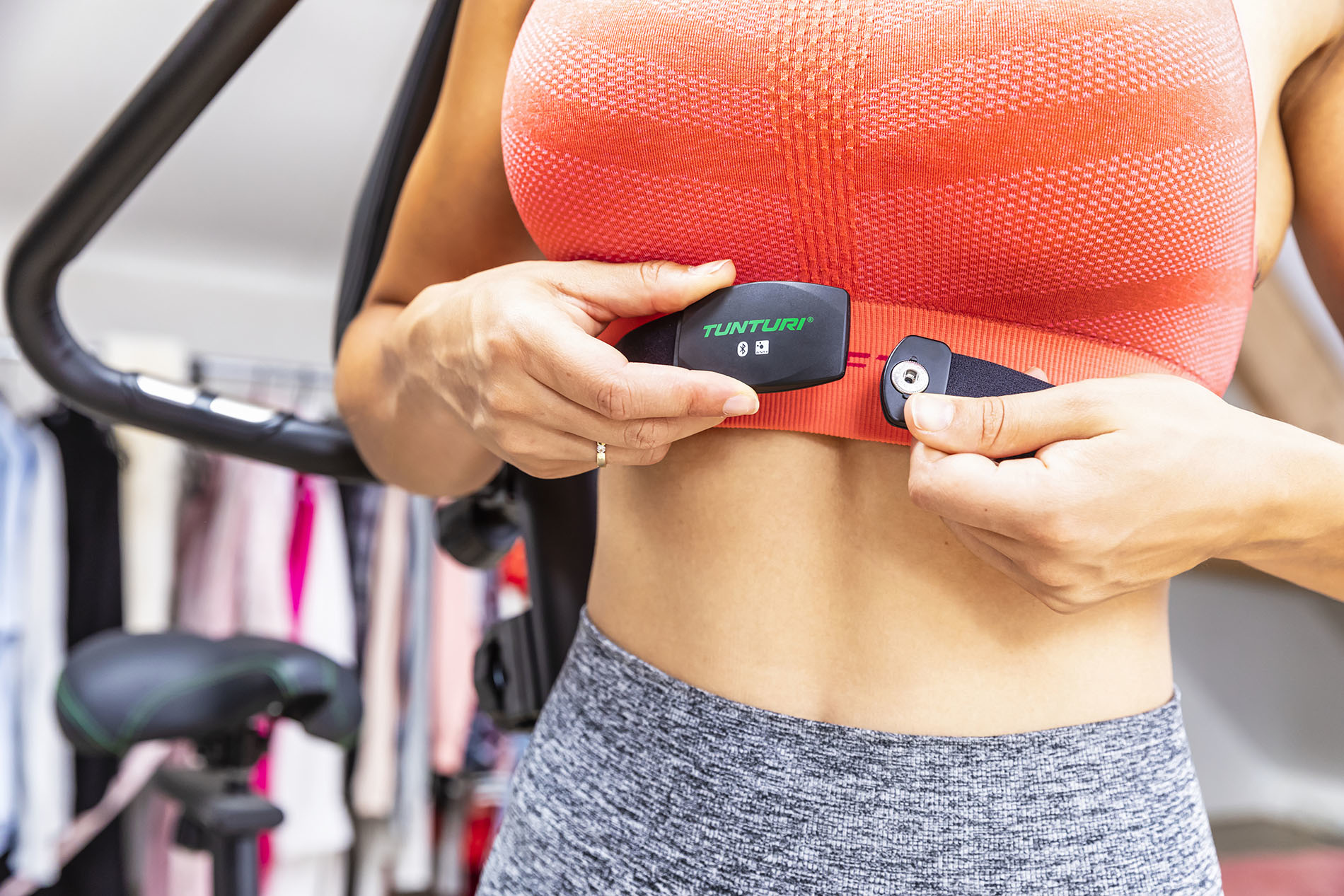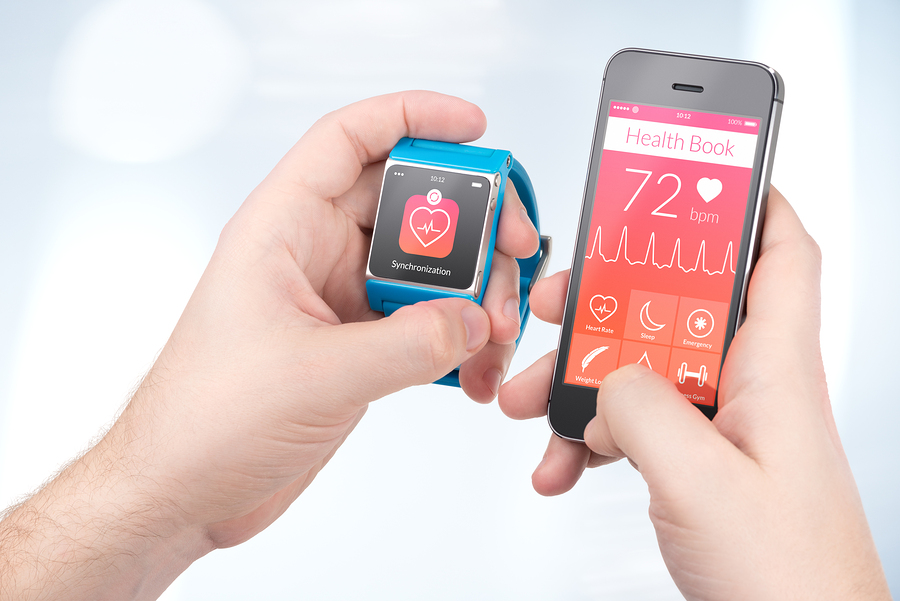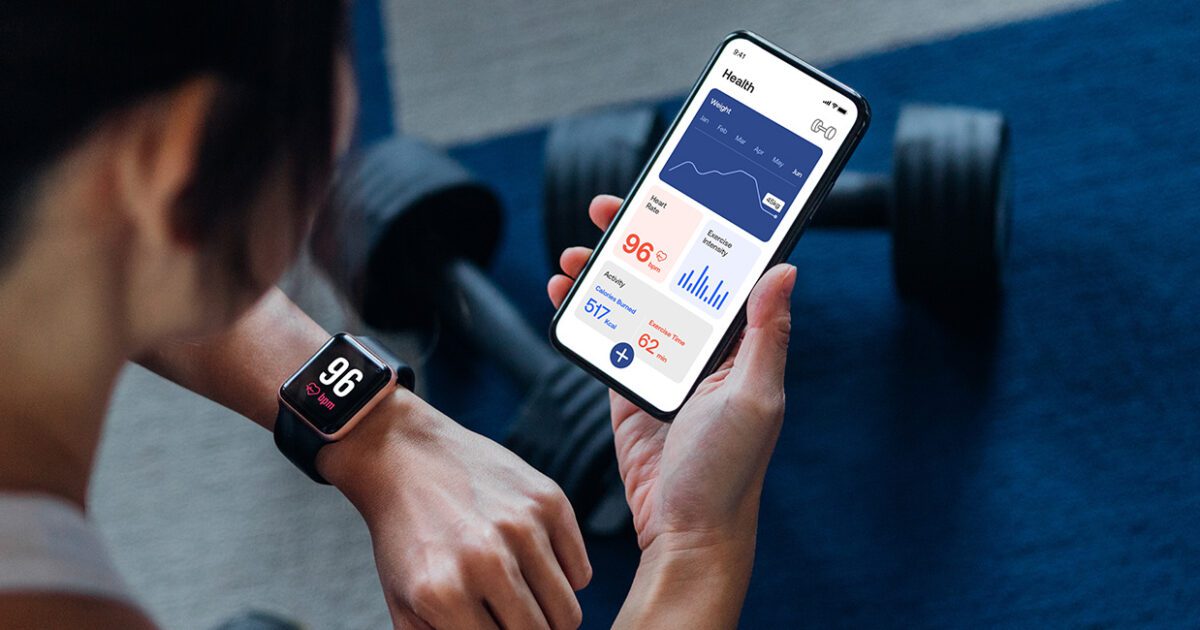Tracking Your Health Journey: A Comprehensive Look at Fitness Tracking Devices and Heart Rate Monitoring
Related Articles: Tracking Your Health Journey: A Comprehensive Look at Fitness Tracking Devices and Heart Rate Monitoring
Introduction
With enthusiasm, let’s navigate through the intriguing topic related to Tracking Your Health Journey: A Comprehensive Look at Fitness Tracking Devices and Heart Rate Monitoring. Let’s weave interesting information and offer fresh perspectives to the readers.
Table of Content
Tracking Your Health Journey: A Comprehensive Look at Fitness Tracking Devices and Heart Rate Monitoring
![]()
In the realm of modern health consciousness, fitness tracking devices have become ubiquitous, offering individuals the tools to monitor their physical activity and overall well-being. Among these devices, heart rate monitors stand out as particularly valuable, providing insights into the intensity of exercise and the body’s physiological response.
This article delves into the world of fitness tracking devices, exploring the functionality, benefits, and considerations surrounding heart rate monitoring. It aims to provide a comprehensive understanding of how these devices can empower individuals to optimize their fitness routines and make informed decisions regarding their health.
Understanding the Fundamentals: Heart Rate and Exercise Intensity
Heart rate, the number of times the heart beats per minute, is a fundamental indicator of physical exertion. During exercise, the heart pumps blood more rapidly to deliver oxygen to working muscles. This increased heart rate reflects the intensity of the workout.
Fitness trackers equipped with heart rate monitoring capabilities leverage this physiological response to provide valuable data. These devices typically employ optical sensors, which shine light through the skin and measure the blood flow changes associated with each heartbeat.
The Advantages of Heart Rate Monitoring
Utilizing a heart rate monitor offers a range of benefits for individuals seeking to enhance their fitness and health:
- Personalized Exercise Intensity: Heart rate data allows individuals to tailor their workouts to their individual fitness levels. By monitoring heart rate zones, users can ensure they are exercising at an optimal intensity for their goals, whether it’s fat burning, building endurance, or improving cardiovascular health.
- Enhanced Workout Efficiency: Tracking heart rate provides real-time feedback on workout intensity, enabling individuals to adjust their effort levels as needed. This helps optimize workouts, maximizing results and minimizing the risk of overexertion.
- Improved Recovery Monitoring: Heart rate data can be used to assess recovery time between workouts. By monitoring resting heart rate, individuals can gain insights into their body’s ability to recover and adjust their training schedules accordingly.
- Calorie Burn Estimation: Heart rate monitors, coupled with other fitness tracking data, can provide more accurate estimations of calorie expenditure during exercise. This information is valuable for individuals aiming to manage their weight or optimize their nutritional intake.
- Early Detection of Health Issues: While not a substitute for professional medical diagnosis, consistent heart rate monitoring can potentially alert individuals to unusual patterns or fluctuations that may warrant medical attention.
Exploring the Functionality of Fitness Trackers
Fitness trackers equipped with heart rate monitoring capabilities typically offer a range of features designed to enhance the user experience:
- Real-Time Heart Rate Display: Most devices display the current heart rate prominently, allowing users to monitor their exertion levels in real-time.
- Heart Rate Zones: Many trackers define different heart rate zones based on individual fitness levels and goals. These zones provide guidance on maintaining optimal workout intensity.
- Heart Rate Variability (HRV) Monitoring: Some advanced trackers measure heart rate variability, which reflects the time interval between heartbeats. HRV can provide insights into stress levels, sleep quality, and overall health.
- Sleep Monitoring: Many devices track sleep patterns, including heart rate variations during sleep, offering insights into sleep quality and potential sleep disturbances.
- Activity Tracking: Fitness trackers typically record steps taken, distance covered, calories burned, and other activity metrics, providing a comprehensive overview of daily movement.
- GPS Tracking: Devices with GPS capabilities allow users to track their routes, pace, and elevation changes during outdoor activities.
- Connectivity and Data Synchronization: Most fitness trackers offer connectivity with smartphones and other devices, allowing users to sync their data, analyze progress, and share their achievements.
Choosing the Right Fitness Tracker
Selecting the right fitness tracker involves considering individual needs, preferences, and budget. Some key factors to consider include:
- Heart Rate Monitoring Accuracy: Look for devices with reliable heart rate sensors and consistent accuracy.
- Feature Set: Determine the features that are most important, such as GPS, sleep monitoring, HRV tracking, or advanced workout analysis.
- Comfort and Fit: Choose a device that feels comfortable and secure on your wrist.
- Battery Life: Consider the battery life of the device and its charging requirements.
- Compatibility and Connectivity: Ensure compatibility with your smartphone and other devices.
- Price: Set a budget and explore devices that offer the desired features within your price range.
FAQs about Heart Rate Monitoring
1. How accurate are heart rate monitors?
The accuracy of heart rate monitors can vary depending on the technology employed, the individual’s skin tone and hair growth, and other factors. Generally, optical sensors are considered reasonably accurate for most users, but it’s essential to choose a reputable brand with a proven track record.
2. Can heart rate monitors be used for medical diagnosis?
No, fitness trackers are not medical devices and should not be used to diagnose or treat any health conditions. They can provide insights into your fitness and health, but any concerning patterns or fluctuations should be discussed with a healthcare professional.
3. What are the potential risks of using heart rate monitors?
Heart rate monitors are generally safe for most individuals, but some potential risks include:
- Skin Irritation: Some individuals may experience skin irritation or discomfort from wearing the device.
- Data Accuracy Issues: As with any technology, there can be occasional inaccuracies in data readings.
- Over-reliance on Data: It’s important to avoid becoming overly fixated on data and instead use it as a tool for guiding your health and fitness journey.
4. How often should I monitor my heart rate?
The frequency of heart rate monitoring depends on individual goals and preferences. For casual fitness enthusiasts, occasional monitoring during workouts may suffice. For individuals with specific fitness goals or health concerns, more frequent monitoring may be beneficial.
5. Can I use a heart rate monitor during swimming?
Some fitness trackers offer water resistance and can track heart rate during swimming. However, not all devices are waterproof, so it’s crucial to check the manufacturer’s specifications before using a tracker for aquatic activities.
Tips for Utilizing Heart Rate Monitoring Effectively
- Understand Your Heart Rate Zones: Familiarize yourself with the different heart rate zones and their corresponding intensity levels.
- Set Realistic Goals: Start with achievable targets and gradually increase your intensity as you progress.
- Listen to Your Body: Pay attention to how your body feels and adjust your workout intensity accordingly.
- Monitor Resting Heart Rate: Keep track of your resting heart rate, as it can provide insights into your overall health and recovery.
- Seek Professional Guidance: Consult with a healthcare professional or certified personal trainer for personalized advice and guidance.
Conclusion
Fitness trackers equipped with heart rate monitoring capabilities offer individuals a powerful tool for enhancing their fitness and health journey. By providing real-time insights into exercise intensity, recovery, and overall physiological responses, these devices empower individuals to make informed decisions about their health and fitness goals. However, it’s essential to remember that these devices are not substitutes for professional medical advice. Individuals should utilize heart rate monitors as a valuable tool for tracking progress, optimizing workouts, and making informed decisions regarding their health and well-being.

![]()
![]()

![]()



Closure
Thus, we hope this article has provided valuable insights into Tracking Your Health Journey: A Comprehensive Look at Fitness Tracking Devices and Heart Rate Monitoring. We thank you for taking the time to read this article. See you in our next article!